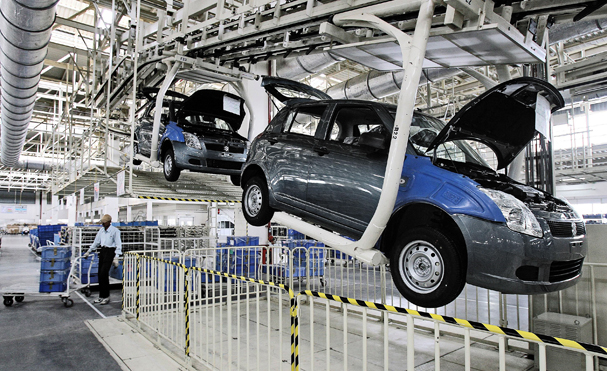The new National Automotive Policy was approved by the federal executive council in October 2013, but it wasn’t until the federal government’s decision to begin implementation from July 2014 that curiosity about its intentions began to mount.
The policy was adopted after the government and major automobile importers/manufacturers met and agreed to have a collective 10-year action plan for the growth of the nation’s automobile industry, to be implemented by the National Automotive Council (NAC).
Below are six concerns about the policy, and the answers to them.
1. What is the new duty on used cars — 70% or 35%?
Advertisement
On the strength of the assertions of minister of industry, trade and investment, Mr. Olusegun Aganga, reports that duty on used cars has been increased to 70 per cent are untrue. Contrary to these claims, the duty on used cars remains 35 per cent – but that is until December 2014.
The minister explained that all those assembling cars in the country would be allowed to import at 35 per cent duty to bridge the gap that might arise between demand and supply. However, the 70 per cent duty would be applicable to those who are not ready to assemble cars locally, but prefer to trade by bringing in vehicles from abroad.
2. What is the rationale behind the new policy?
Advertisement
The automotive industry development plan is implemented to transform the nation’s automotive industry and attract investments into the sector.
It is aimed at protecting those assembling cars locally, and making importation unprofitable and totally unattractive.
Data from the Nigerian Automotive Manufacturers Association (NAMA), the Nigerian Bureau of Statistics (NBS) and the United Nations Conference on Trade and Development show that a total of 400,000 vehicles (300,000 used and 100,000 new) valued at N550 billion (US$3.451 billion ) were imported in 2012 alone!
Furthermore, the policy seeks to encourage local assembly and job creation, and stop to unnecessary pressure on foreign reserves. Talk about power for local content!
Advertisement






